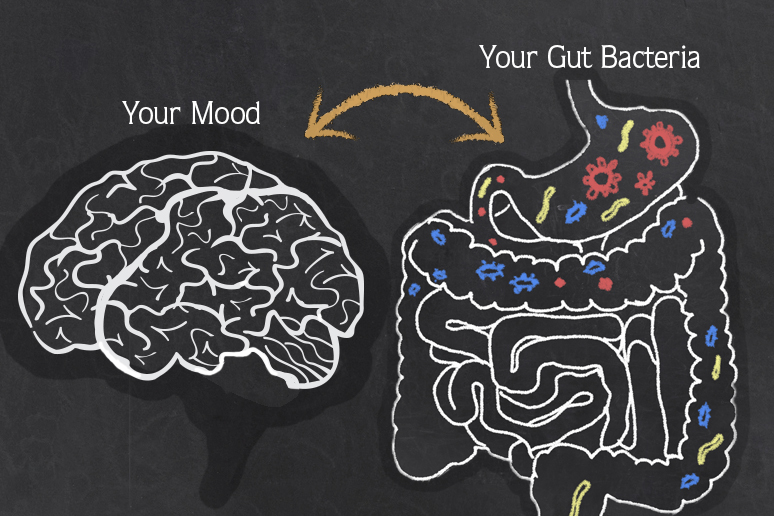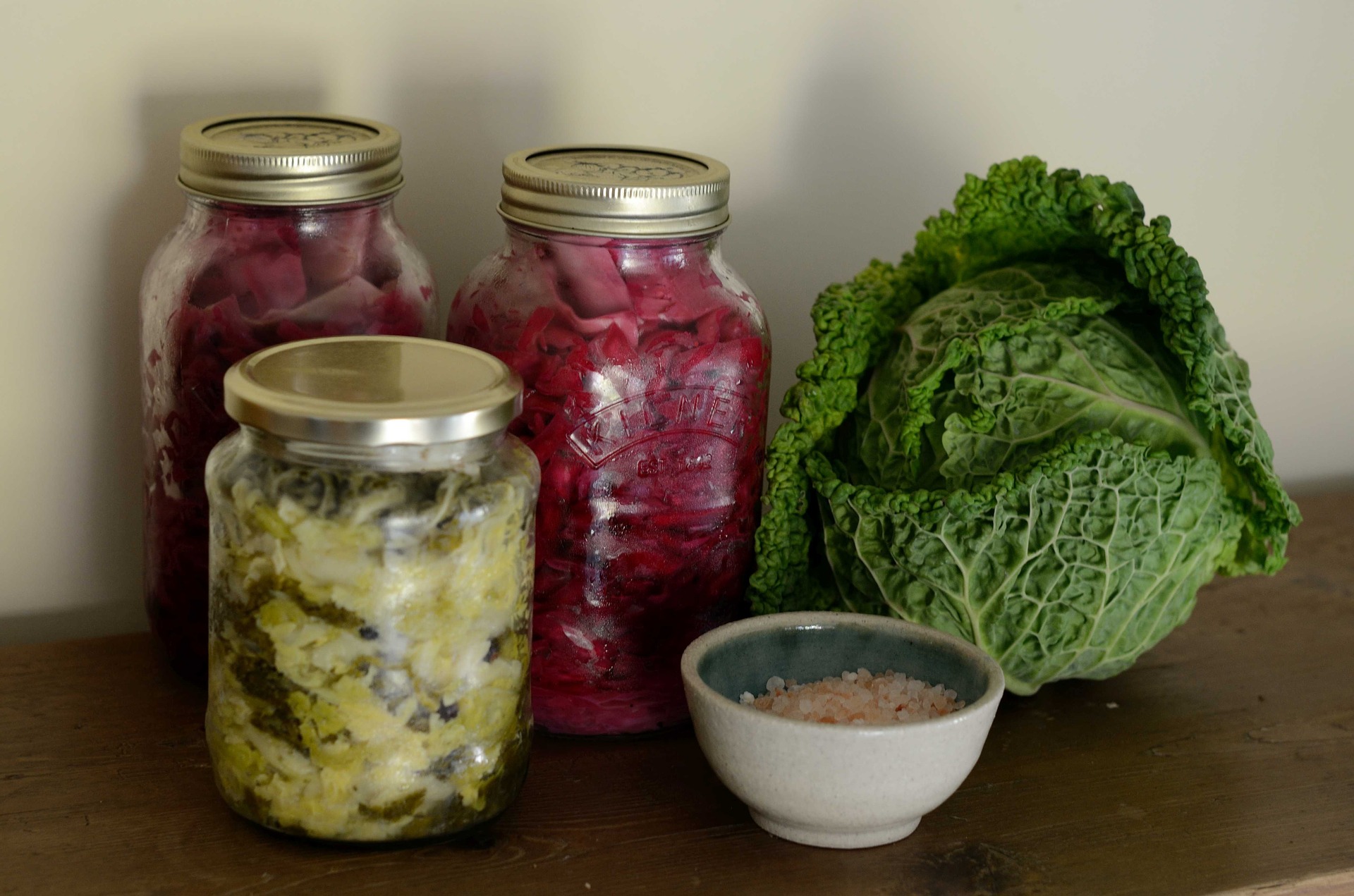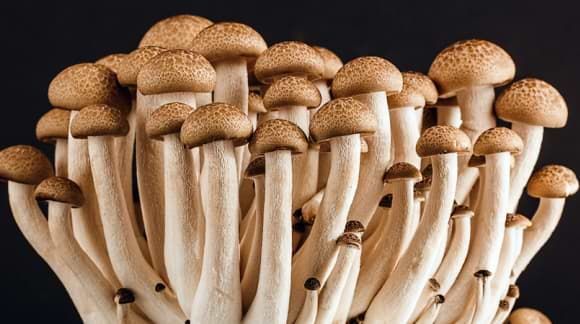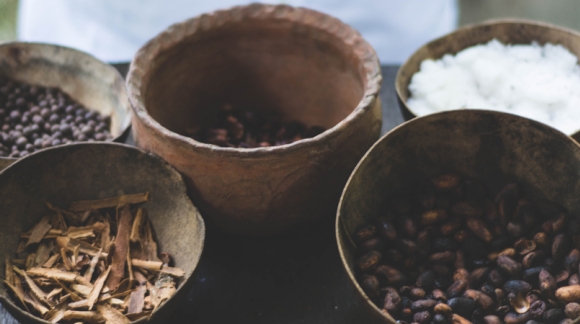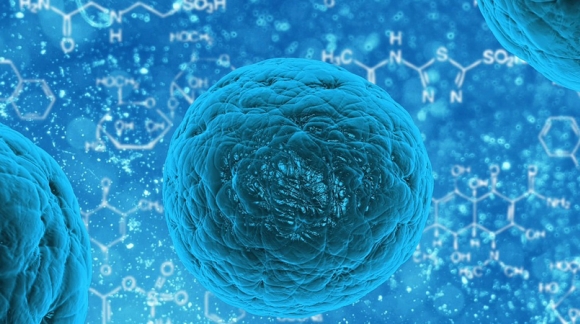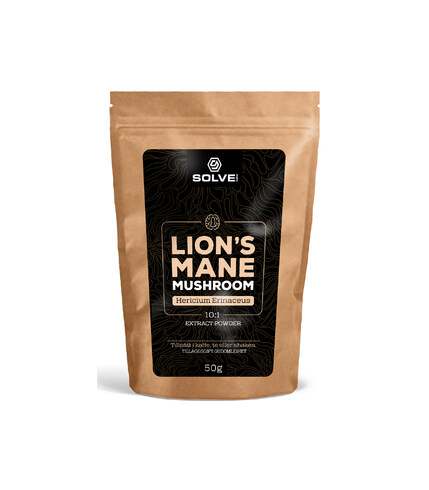The immune system - the microbiote (part 2)
.jpg)
Microbiota or microbiome is a group of microorganisms living in a given environment, creating their own ecosystem. It is a center from which a wide range of processes taking place in our body is managed. Although bacteria are found in the human body in many parts of the body, the most important role is assigned to the intestinal microflora. What many people don't realize is that roughly 2 kg of bacteria living in about six meters of the gut has such a significant effect on our body. Bacteria have many important functions and disturbed flora can have many harmful effects.
Intestines - a home for bacteria
Currently it is assumed that in the intestines there are from 106 to 1012 bacterial cells in 1g of the content. This is a very large amount, totaling approximately 100 trillion. Simply put, it can be said that the intestines contain mucus that creates the environment for bacteria to live. Some of the ingredients we eat are also a breeding ground for bacteria, so the right environment and food allow the microflora to function properly. The entire natural process of microflora formation begins in the womb. Then the baby takes bacteria from her, and after giving birth, microorganisms from the environment join them. However, these are not permanent colonies - as yet undeveloped environment prevents significant growth. In the following days of life, probiotic strains of Bifidobacterium and Lactobacillus dominate, for which mother's milk is a good food. The number of species and genera increases with age, but decreases in old age.
Probiotic, prebiotic, synbiotic
These are three frequently confused terms that sometimes appear in advertisements for medicinal products and dietary supplements. First, you need to define what probiotic bacteria are - these are specific species that have a beneficial effect on the human body (and it is scientifically proven), are able to survive in the human body and are found naturally in it.
A probiotic is a preparation that contains appropriate probiotic strains in an appropriate amount (108-109 cells / ml).
A prebiotic is a preparation or substance that is a medium for bacteria. For most microorganisms in the gut, the main food is saccharides, both those absorbed by the body (e.g. glucose) and dietary fiber (also known as fiber, a fraction of saccharides not digested by the body, which is the main medium for bacteria). Examples of prebiotics are inulin, fructosooligosaccharides, pectins.
A synbiotic is a combination of a probiotic and a prebiotic, i.e. an allin-one preparation. At the same time, there are microorganisms and a ready-made nutrient solution for them.
The influence of microflora on immunity
It is obvious that humans come into contact not only with beneficial bacteria, but also with harmful and pathogenic bacteria that enter our body from the environment from the very first days of life. Different pathogenic bacteria cause different diseases and ailments, so they cannot be easily described. However, this is not so important - probiotic bacteria, however, make up the greater part of the intestinal microflora, and due to their biodiversity *, they are able to fight various harmful species. Lactic acid bacteria, the largest part of the gut microflora, have or produce a fairly large arsenal to fight pathogens, including:
- Hydrogen peroxide - a substance with a bactericidal effect, popularly known as hydrogen peroxide
- Organic acids - acidic acidification of the environment is not conducive to the growth of some bacteria
- Bacteriocins - bacteriostatic and antibacterial substances, they interfere with the growth of bacteria
- Protease inhibitors - substances that inhibit the growth of harmful fungi
In addition, some studies indicate that bacteria affect T cell differentiation and expression; they can also influence the production of cytokines (proteins that stimulate the immune response).
Intestinal bacteria and the brain
There are approximately 100 million nerve cells in the gut and its surroundings. This is a large amount, comparable to that in the spinal cord. The ENS nervous system communicates between the gut and the brain, it is assumed that 90% of all signals are sent from the gut, while a small part is sent the other way (i.e. from the brain). The bacteria in the intestines produce various types of neurotransmitters, including: GABA, noradrenaline, acetylcholine, dopamine, serotonin, and melatonin. They affect our well-being, mood and brain function. Some studies indicate that defects in the microflora are associated with depression, and some strains of bacteria may have antidepressant effects (possibly related to neurotransmitters). In the studies from 2011, it was noticed that the strains Lactobacillus helveticus R0052 and Bifidobacterium longum R0175 in the study group lowered the level of cortisol (stress hormone) and also decreased the incidence of anxiety and depression.
Taking care of the microflora, using probiotics
The first rule that we should follow when it comes to caring not only for bacteria, but also for all organs of the body, is "do no harm". In the first place of harmful things, of course, are antibiotics, that is, bactericidal drugs. They are used to cure a given disease, but they are not intelligent substances - they do not act selectively, but attack all bacteria, including the good ones. Therefore, they should be treated as a last resort when other treatment options do not work, and when this happens during and after antibiotic therapy, the use of a probiotic is almost necessary. It is also worth paying attention to nutrition - ensure an adequate supply of fiber, avoid starvation (which negatively affects not only the microflora but the general condition of the intestines).
The use of probiotics as drugs or supplements is not necessary in preventive measures. If we care about the general condition of the intestines and we are not ill, or the intestines are not sterile, standard support is enough, i.e. adequate nutrition, including fermented products. The probiotic can be used in special conditions, i.e. diseases and according to the doctor's recommendations.
"Probiotic" food
This concept simply covers products containing probiotic bacteria, and even more simplifying, it is fermented food. Consuming such products supports the intestinal microflora: then we provide both the prebiotic and the bacteria themselves, which are found in fermented foods. Taking into account the above benefits and low calorific value, large amount of vitamins, easy preparation and low price, these are very good dietary ingredients. Selected examples of products from this group:
- Sourdough bread
- Silage: cabbage, cucumbers, onions, beets, mushrooms
- Buttermilk, kefir, and yoghurts
- Fermented juices, kvass
- Kombucha
There are many more products of this type, interestingly enough, silage can be made from most of the vegetables available in Poland.
To sum up, bacteria are with humans already in the womb and accompany them throughout their lives. We have contact with both the useful and the harmful ones, but mother nature has planned everything in such a way that our little friends ensure our health and proper functioning. Human microflora has many functions and it is worth taking care of it in order to avoid health problems.
*Biodiversity - multispecies of microflora, it means that different species of bacteria live in the human body, and each of them counteracts harmful bacteria to a different degree. For example, species A will be weak against the pathogenic species B, but species X also lives in the intestines and effectively kills the harmful species B.
Bibliography:
Radwan P., Skrzydło-Radomańska B., The role of the intestinal microflora in health and disease, Gastroenterologia Praktyczna, 2013
Bercik P., Collins S. M., Verdu E. F., Microbes and the gut-brain axis, Neurogastroenterology & Motility, 2012
Rudzki L., Szulc A., Wpływ jelitowej flory bakteryjnej na ośrodkowy układ nerwowy i jej potencjalne znaczenie w leczeniu zaburzeń psychicznych, Farmakoterapia w psychiatrii i neurologii, 2013
Naseribafrouei, A., et al. “Correlation between the human fecal microbiota and depression.” Neurogastroenterology & Motility 26.8 (2014): 1155-1162.
Wang, Huiying, et al. “Effect of probiotics on central nervous system functions in animals and humans: a systematic review.” Journal of neurogastroenterology and motility 22.4 (2016): 589.
Messaoudi, Michaël, et al. “Assessment of psychotropic-like properties of a probiotic formulation (Lactobacillus helveticus R0052 and Bifidobacterium longum R0175) in rats and human subjects.” British Journal of Nutrition 105.5 (2011): 755-764.

